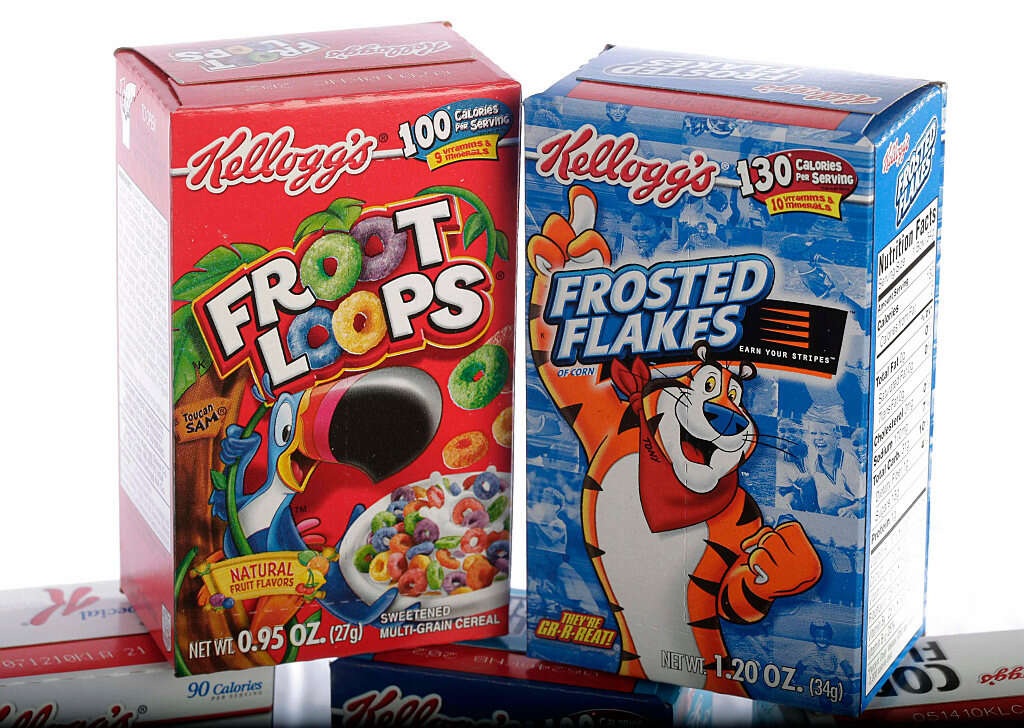A prominent food safety expert has labeled Kellogg's Froot Loops as the "worst breakfast cereal in the US," amid growing protests over the product's ingredients, according to Daily Mail.
Dr Darin Detwiler, a former FDA food chief, told Daily Mail that the colorful cereal rings are "heavily processed and contain high levels of added sugars, artificial dyes, and preservatives, which are linked to health concerns."
The morning snack contains 12.35g of sugar per serving (one cup), equivalent to three teaspoons, which is almost half of a child's daily recommended intake. Dr Detwiler notes that most children "consume a lot more than the recommended serving size, as one cup is not a realistic amount."
Of particular concern are the additives in Froot Loops. Dr Detwiler highlighted Red 40, the dye responsible for the cereal's neon red color, as the most problematic. This additive has been prohibited in several European countries due to its alleged connection to hyperactivity and cancer, and is absent from most products internationally, including those in Australia and Canada.

Actress Eva Mendes has joined the campaign, calling for Kellogg's to "consider reformulating their products to reduce the use of artificial additives, dyes, and high sugar levels." Dr Detwiler echoed this sentiment, stating, "With growing concerns about the long-term health effects of processed ingredients, especially those linked to cancer risks like certain food dyes, Kellogg's has the opportunity to lead in healthier food production."
Dr Detwiler also cautioned against other cereals such as Lucky Charms and Frosted Flakes, citing their high sugar content and artificial colors. He advises that these cereals should "only be considered occasional treats and most definitely not consumed on a daily basis."
Mendes, a mother of two with actor Ryan Gosling, took to Instagram last week to raise awareness about artificial dyes in Kellogg's cereals. She compared the nutrition labels of Froot Loops in the US and Canada, noting that the American version contains red 40, yellow 5, blue 1, yellow 6, and butylated hydroxytoluene (BHT), while the Canadian version uses concentrated fruit juices for coloring.
In response to the concerns, Kellogg's stated, "Our products – and the ingredients we use to make them – are compliant with all applicable relevant laws and regulations." The company claims that 85 percent of its cereals do not contain colors from artificial sources.
The controversy surrounding these additives has led to action at the state level. California recently became the first state to ban schools from serving foods containing certain artificial dyes, while New York state officials have called for the removal of several additives, including red dye No 3 and BHA.




